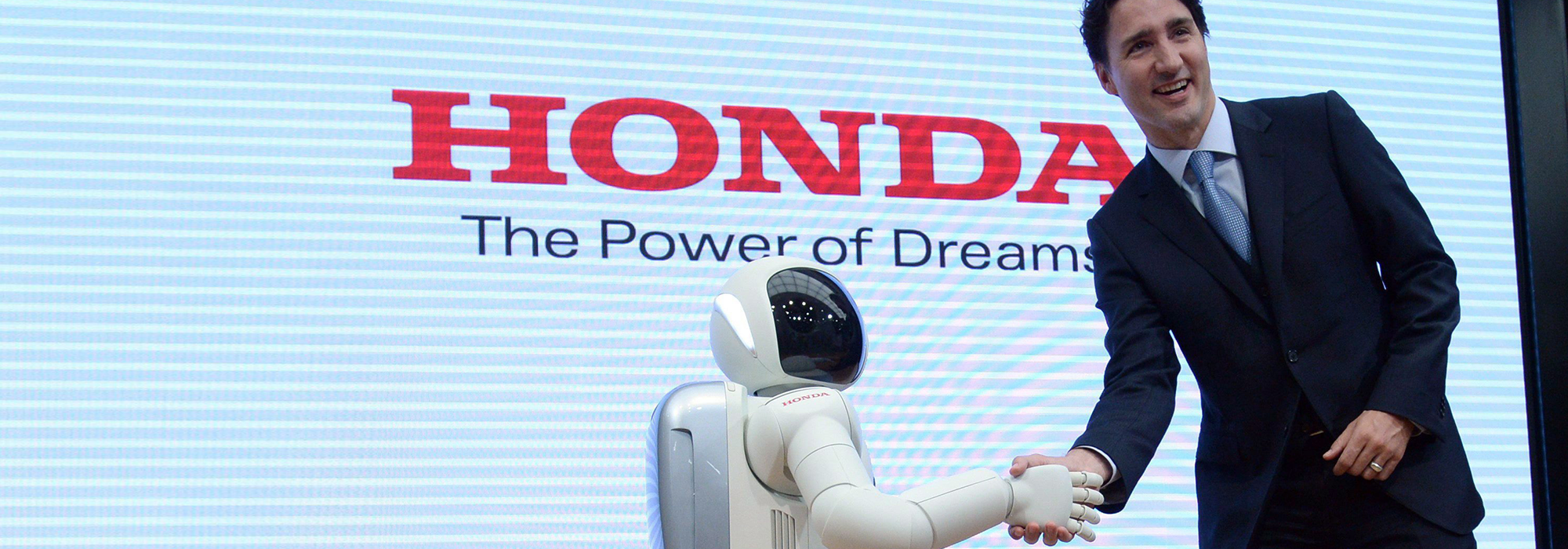In an era where access to political figures is unprecedented (and a scandal is just a tweet away), for those in politics controlling the political brand has become major priority. Narratives come from the top and make their way down, driving the need for message consistency throughout the process. In his new book Brand Command: Canadian Politics and Democracy in the Age of Message Control, Alex Marland argues that the consequences of this shift go beyond the substance of political communications — they’re changing democratic participation itself. We caught up with Alex to talk about the “alarming developments” he sees in Canadian democracy.
Download for free. New episodes every second Tuesday.
To find out more about Alex Marland’s new book Brand Command, visit https://bit.ly/1TwaJAM
To read an excerpt from Brand Command, visit https://bit.ly/29DHf4i
Photo: Sean Kilpatrick / The Canadian Press












